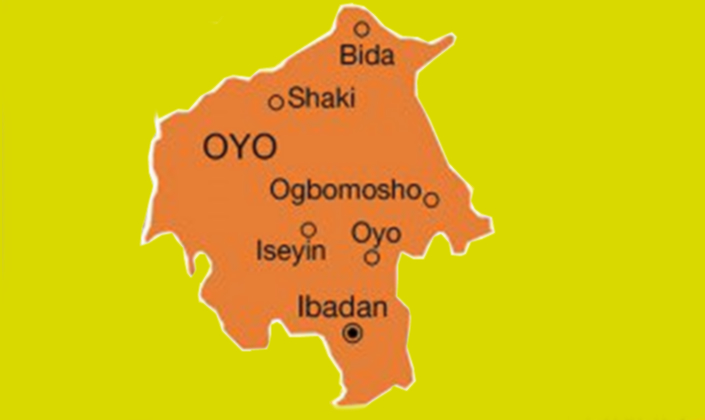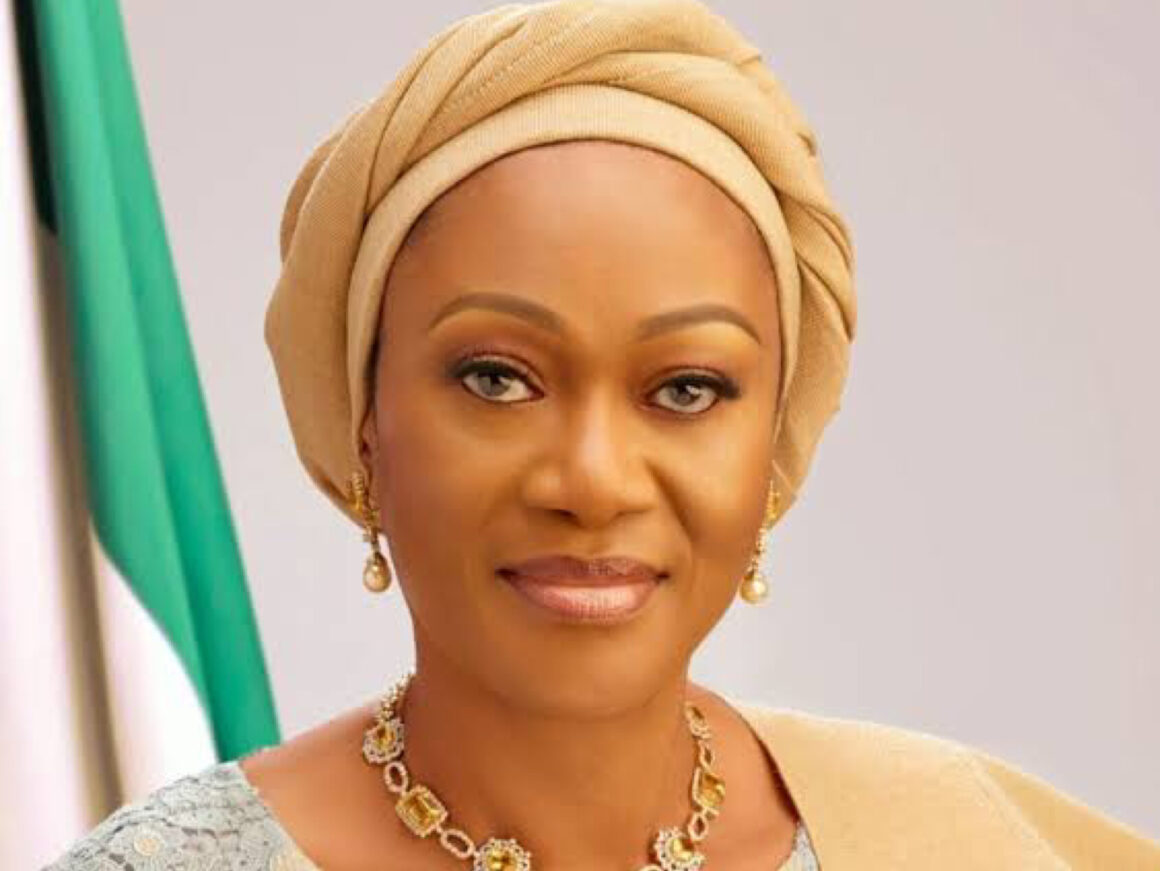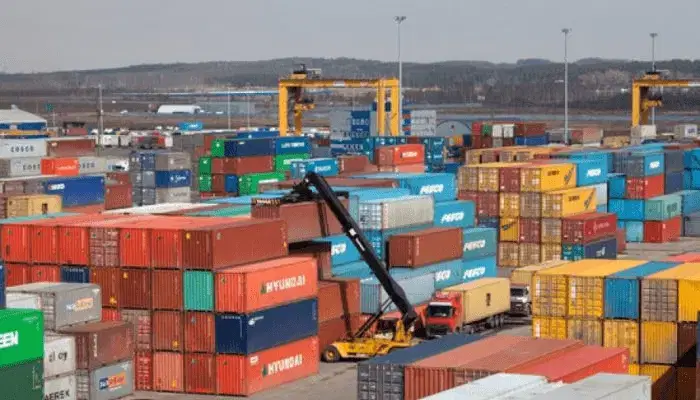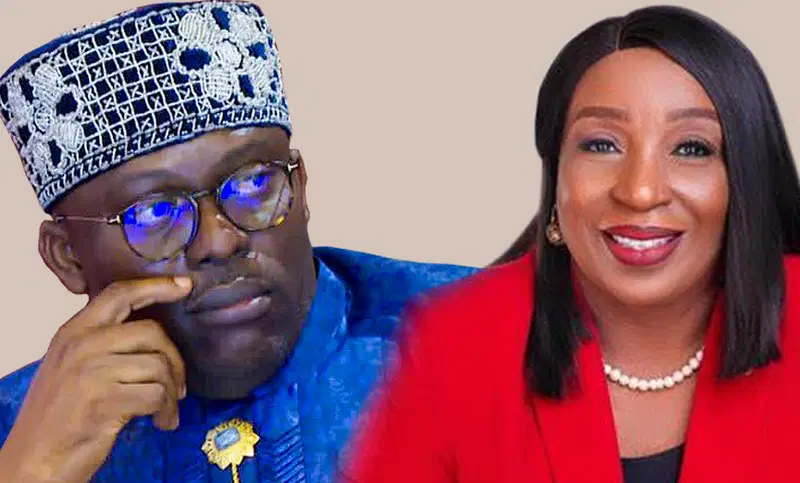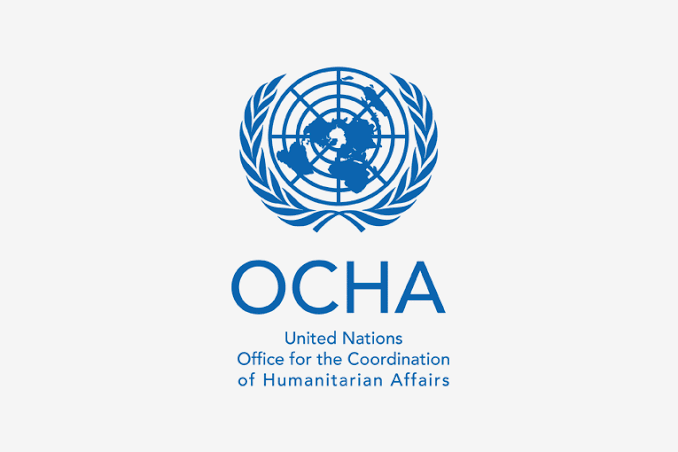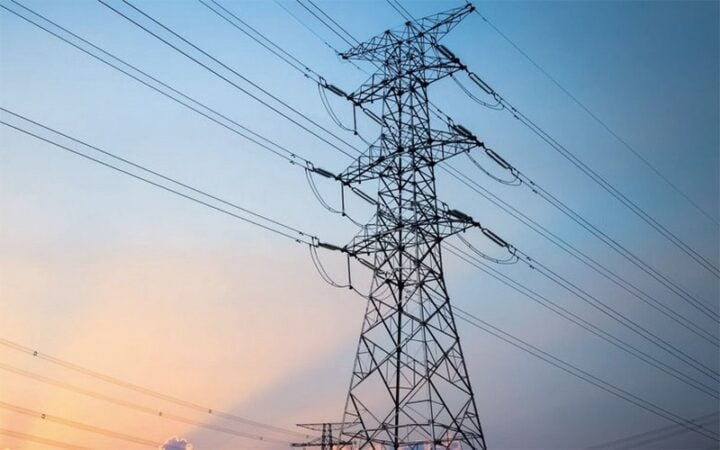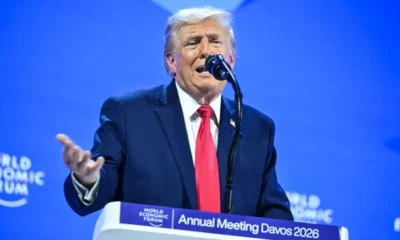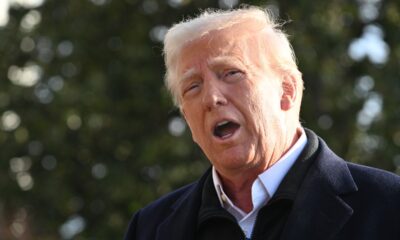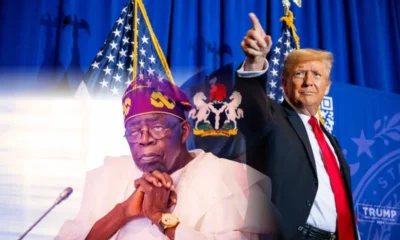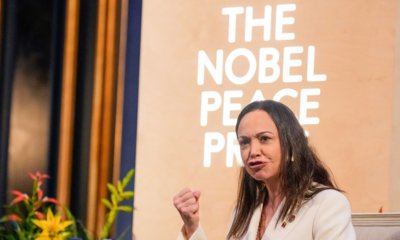World News
Trump’s 14% Tariff on Nigerian Exports sparks economic concerns, calls for policy shift
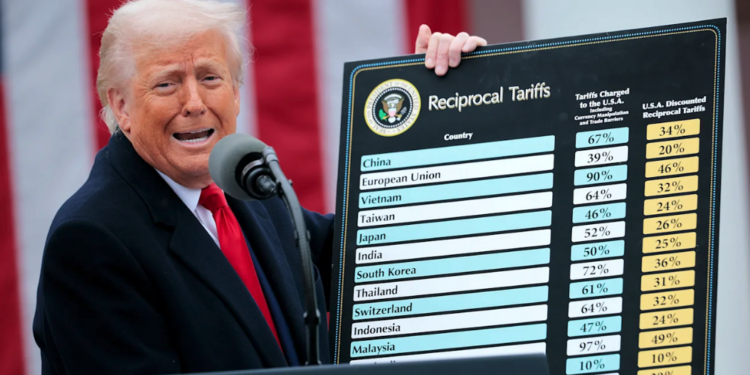
On Wednesday, April 2, 2025, U.S. President Donald Trump imposed a 14% tariff on exports from Nigeria, a move that has stirred major reactions from economic experts and observers.
In a surprising twist, international business blog Bloomwiz revealed that Nigeria already charges a 27% tariff on U.S. goods.
Media expert Ehichioya Ezomon highlighted the possibility of Nigeria facing further levies under America’s Value Added Tax (VAT) stance. Citing Trump’s words, Ezomon said: “For purposes of this United States policy, we will consider countries that use the VAT system, which is far more punitive than a tariff, to be similar to that of a tariff.” Trump also warned that the U.S. would not tolerate countries using third-party trade routes to “unfairly harm America.”
Trump further stated: “We are able to accurately determine the cost of these non-monetary trade barriers. It is fair to all, no other country can complain and, in some cases, if a country feels that the United States would be getting too high a tariff, all they have to do is reduce or terminate their tariff against us. There are no tariffs if you manufacture or build your product in the United States.”
Ezomon warned that because Nigeria relies heavily on VAT as a revenue source, its economy could face serious pressure from this new development.
In response to these concerns, Sunday Vanguard spoke with economists and business leaders on the likely impact of the tariff on Nigeria.
Dr. Muda Yusuf, CEO of the Centre for the Promotion of Private Enterprise (CPPE), downplayed fears of severe economic fallout. He explained that Nigeria’s trade exposure to the U.S. is limited, saying: “In 2024, Nigeria’s total merchandise export was valued at $50.4 billion, and exports to the U.S. stood at $5.7 billion, which is 11.3%.” He noted that Nigeria’s main exports to the U.S. include crude oil, petroleum gas, and fertilizer, while Nigeria mainly imports vehicles, wheat, and fuels from the U.S.
Dr. Yusuf added that the tariff war may trigger inflation in the U.S., which could indirectly affect Nigeria through higher import costs and disruptions in global supply chains. He warned that a fall in global oil prices might hurt Nigeria’s foreign reserves and revenue, and U.S. monetary tightening could weaken the naira. However, he also saw a silver lining: “Many countries affected by the trade war may look for new partners. This could create new opportunities for Nigerian investors.”
Eze Onyekpere, Lead Director at the Centre for Social Justice (CSJ), described the tariff as a wake-up call for Nigeria. He said: “Trump’s policy rubbishes the belief in the miracle of the market economy. It shows that the state plays a central role in managing the economy.” Onyekpere criticized the Nigerian government’s treatment of local industries like Dangote Refinery and urged authorities to adopt a “Nigeria first” strategy. He called for reduced imports and local production, stating that public procurement should be a tool for economic growth.
Alhaji Ibrahim Yahaya, Chairman of the Arewa Economic Forum, said the new tariffs could distort global trade and increase inflation in the short term. Yahaya, who also serves as the National Secretary of the Petroleum Dealers Association of Nigeria, added: “America is trying to bring back its manufacturing, but the country lacks the infrastructure and competitiveness to fully succeed. Over time, countries affected by these policies may reduce their reliance on the dollar, explore currency convertibility, and shift towards new trade routes.” He warned that these developments may signal the end of trade agreements like the African Growth and Opportunity Act (AGOA) and NAFTA.
Agropreneur and data analyst Martin Okorowu noted that the policy may push Nigeria to diversify its trade relationships. However, he warned of short-term challenges like reduced exports, pressure on foreign exchange, and overall economic strain. He stressed that the Nigerian government must take strategic steps to protect local businesses and stabilize the economy.
In his remarks titled “Why Should Nigerians Care?”, advertising and marketing expert Cyrus Ologun warned that even Nigerians not directly trading with the U.S. will feel the impact. He explained that global supply chain disruptions will drive up prices, especially for imported goods like electronics, machinery, and food. “The tariffs will strengthen the dollar, weaken the naira, and increase demand for safe assets like U.S. dollars, crypto, or gold,” he said, warning that Nigeria’s exchange rate could worsen as a result.
As the world adjusts to this new policy direction from Washington, many Nigerians are now looking inward for solutions and calling on the government to protect the local economy, encourage production, and seek new global alliances.
-

 News3 hours ago
News3 hours agoOpposition Reps raise alarm over alleged non-implementation of 2025 budget
-

 Business2 hours ago
Business2 hours agoCurrency outside Banks rises 10.2% as money supply expands
-
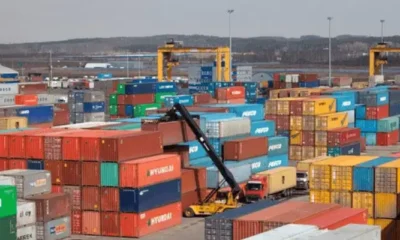
 World News2 hours ago
World News2 hours agoNigeria’s exports to Africa hits N4.82trn
-

 National News2 hours ago
National News2 hours agoClean Energy key to survival, healthy living — Remi Tinubu
-
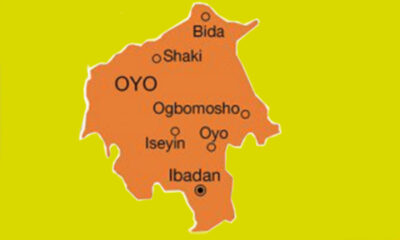
 Metro2 hours ago
Metro2 hours agoPolice Inspector killed as officers rescue kidnap victim in Oyo

